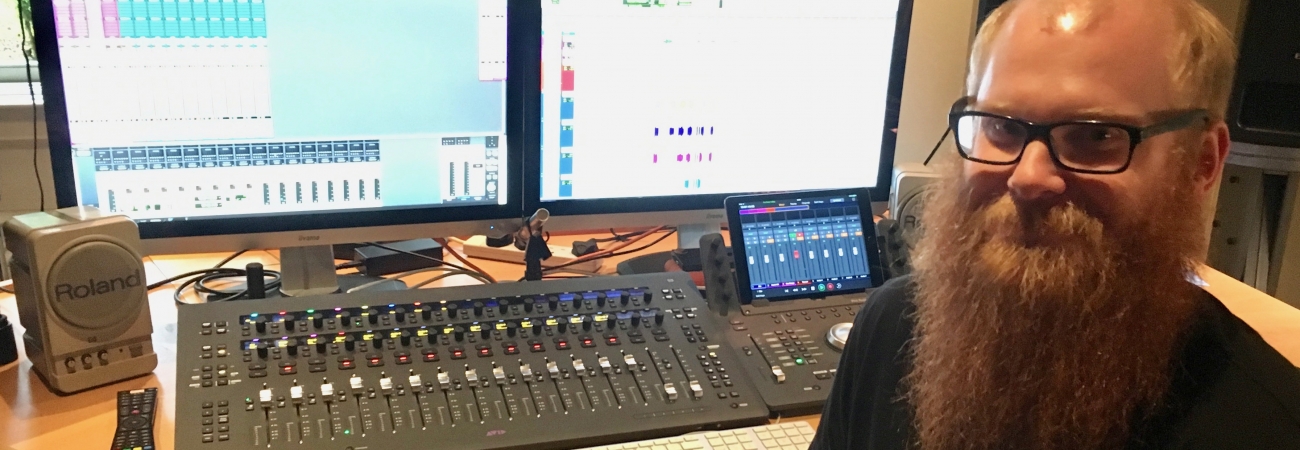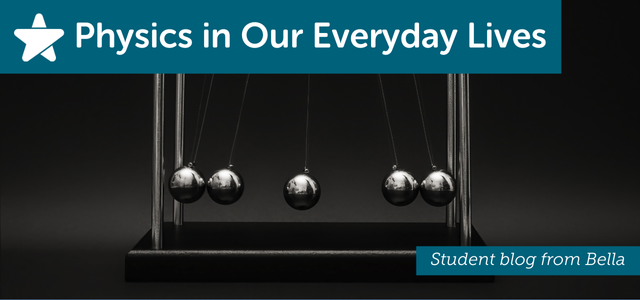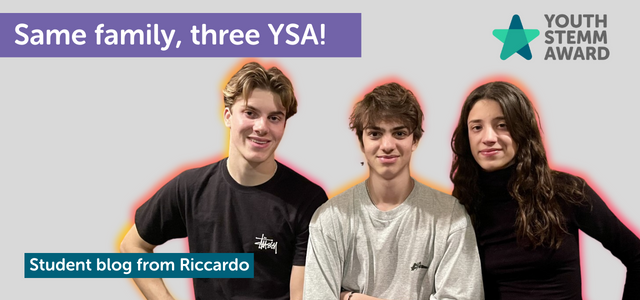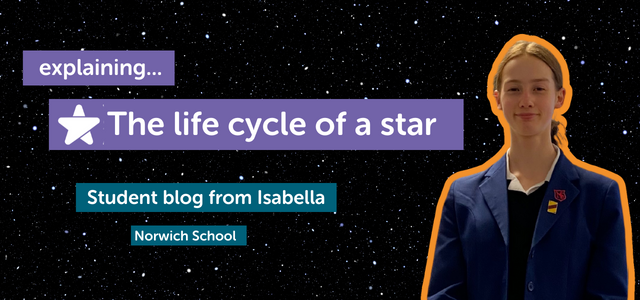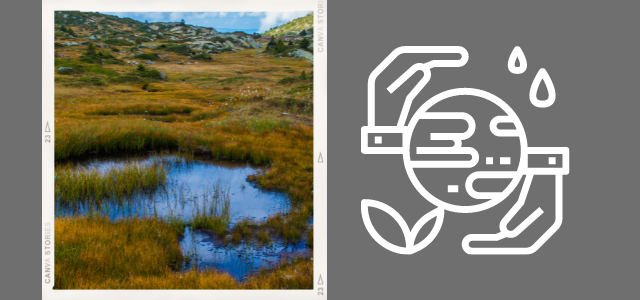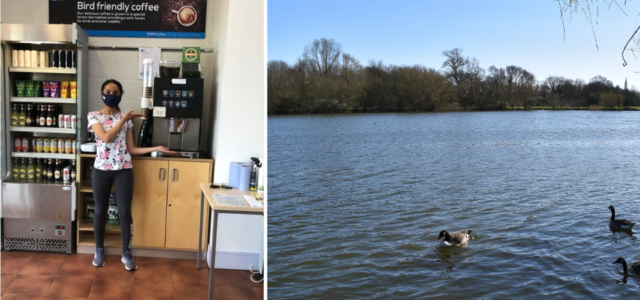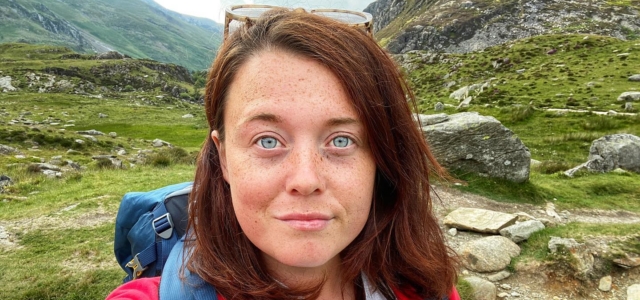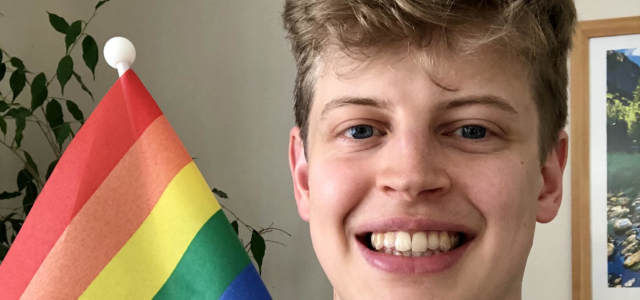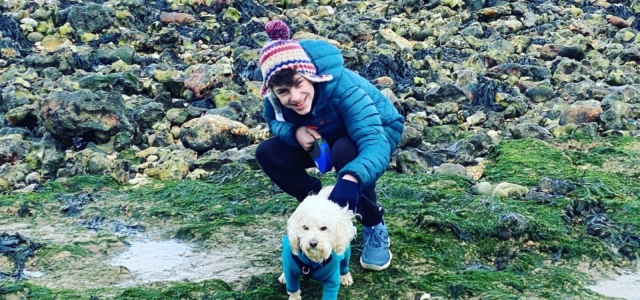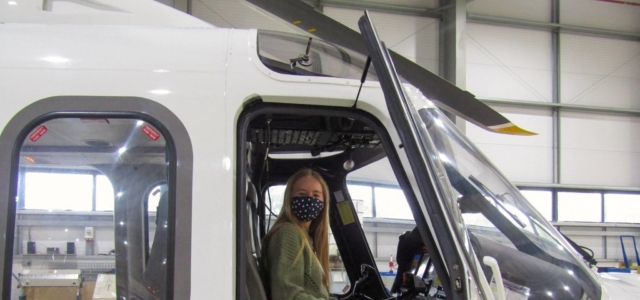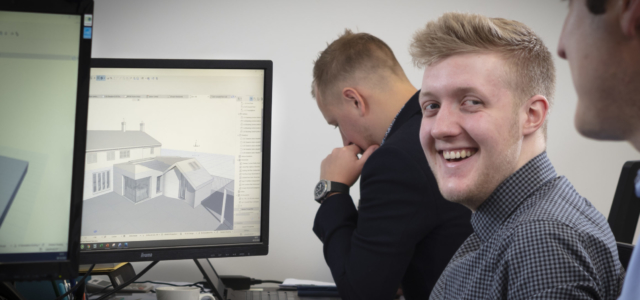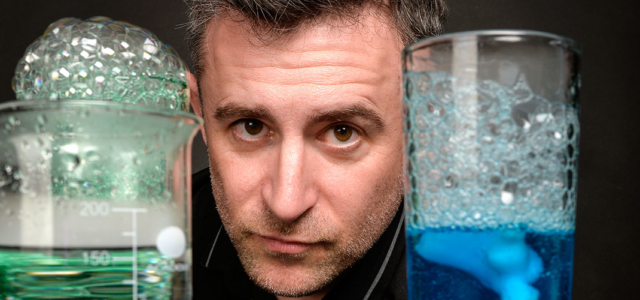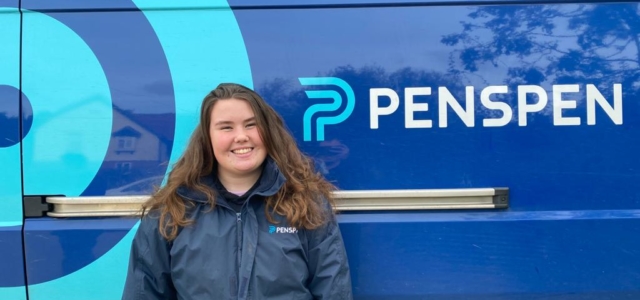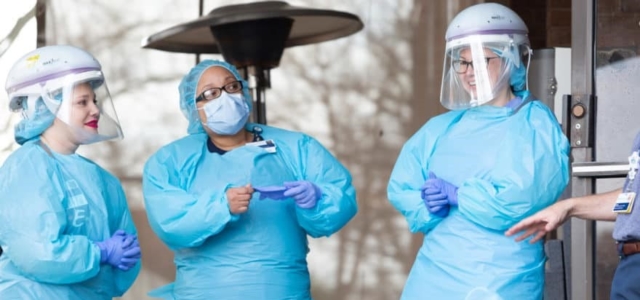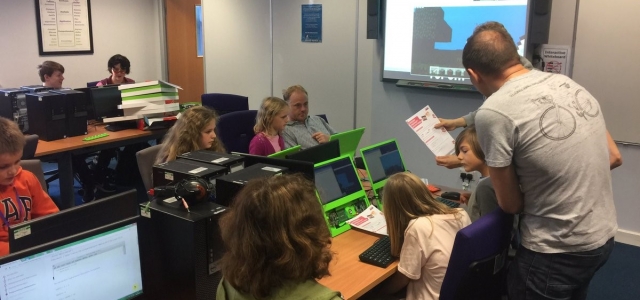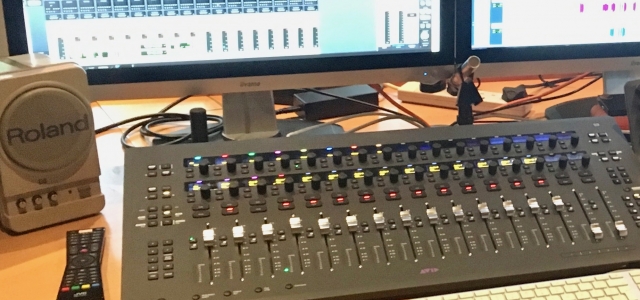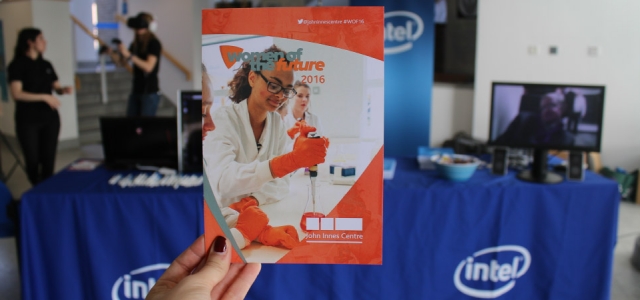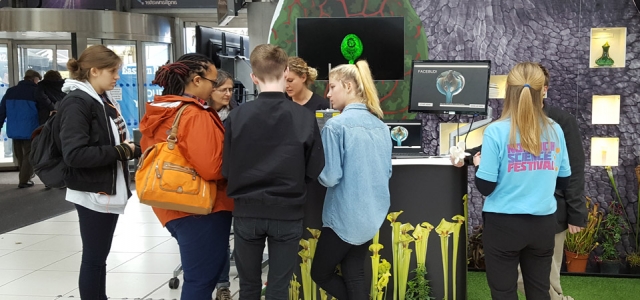One of our Bronze YSA participants, George, recently interviewed a sound engineer – read on to find out more
I went to talk to Mathew a sound engineer about his job. For those of you that don’t know, a sound engineer is someone who records music tracks and voice-overs, all the bits in TV programs where you can hear the pre-senter’s voice but they are not actually talking to the camera.
First I asked Mathew what things he did in his job.
He said that it really depended on the job he was doing that day, for example if he was recording a voice-over then first he would collect all the files he needed and then open up some software which allowed him to edit sound files. Then he would add something called cue beeps which tell the person who is being recorded when to start speaking. Once those things have been done then the recording can begin!
After that I asked him what is his favourite part of being a sound engineer.
Mathew replied that although he loved all aspects of of his job, he thought that his favourite part was working with microphones and how to get the best sound with what you have. Because normally if you are working away from a recording studio you will have to try and figure out how to put the microphones in the best posi-tion and cut out background noise.
Then I asked him what kind of things he had been doing recently.
Mostly, he stated, he worked on voice-overs for advertising companies but he sometimes works on films. If the sound quality from the original recording of the actors’ voices was too bad (maybe because the scene was set in a noisy car) they have to re-record the sound so the people watching can hear exactly what is going on. This process is called Additional Dialogue Replacement or ADR.
My next question for him was why did he decide to become a sound engineer.
He told me that he had always liked music and working with bands on stage, therefore he wanted to do some-thing with sound as his job.
Finally I asked him what tips he would give to someone who wanted to become a sound engineer.
His advice was that you shouldn’t be disheartened when you don’t get what you want straight away because there is a lot of competition in the sound engineering business. You will probably be told “no” many times but if you keep on trying you will succeed. As well as that he said it was very important to try and get work experi-ence because you can learn way more about sound engineering by actually doing it and learning first hand what to do, than by just reading about it.
While I was interviewing Mathew, I also learnt a lot about what happens behind the scenes in the TV industry. For example, I learnt that if the director can’t be at the editing suite when they are doing a voice-over then they just call in over the phone. I hope that this interview will help you as much as it helped me because I found it very interesting to see how music and technology can combine together in a job and how I could get involved in something like this.

